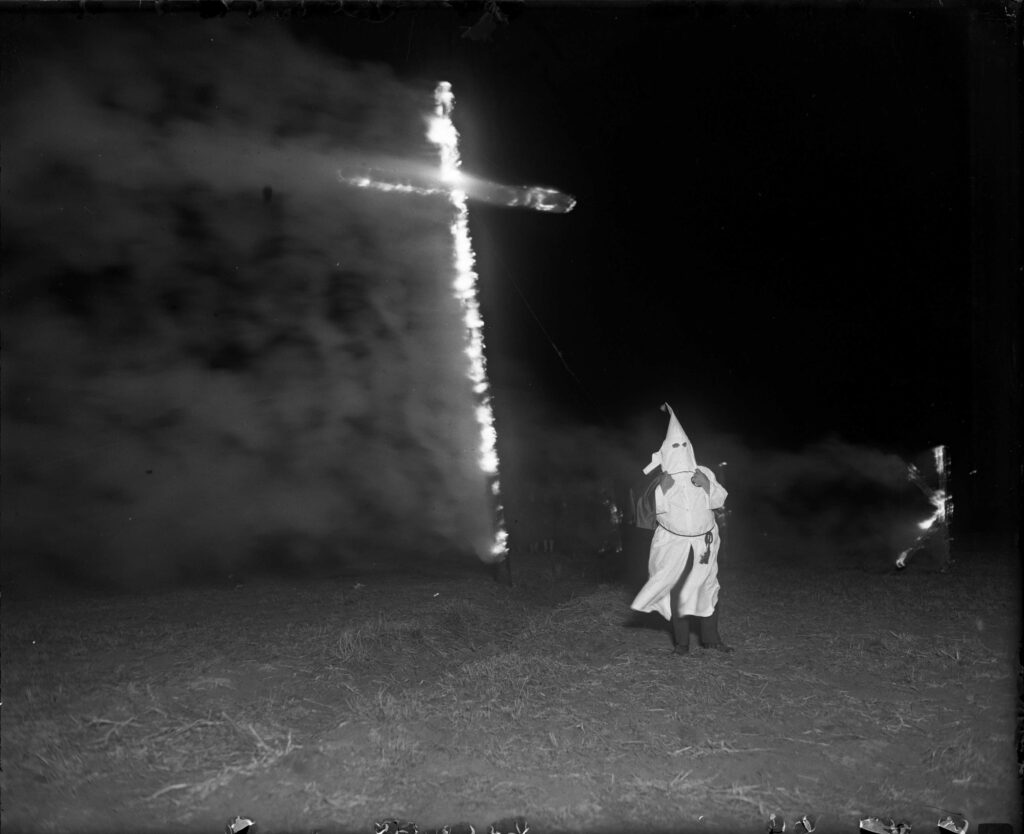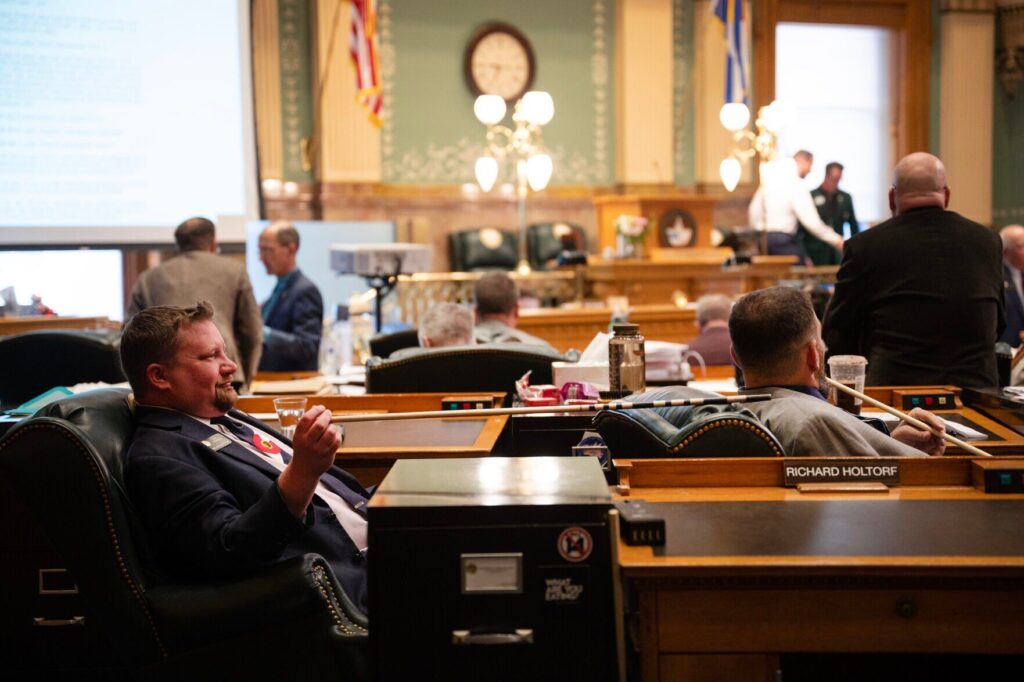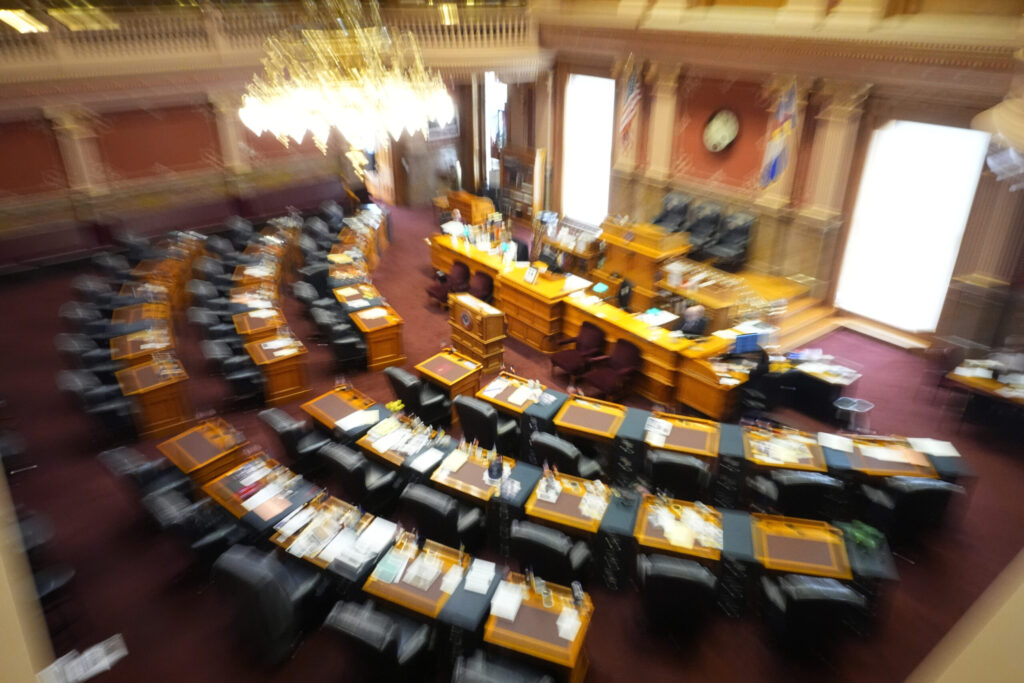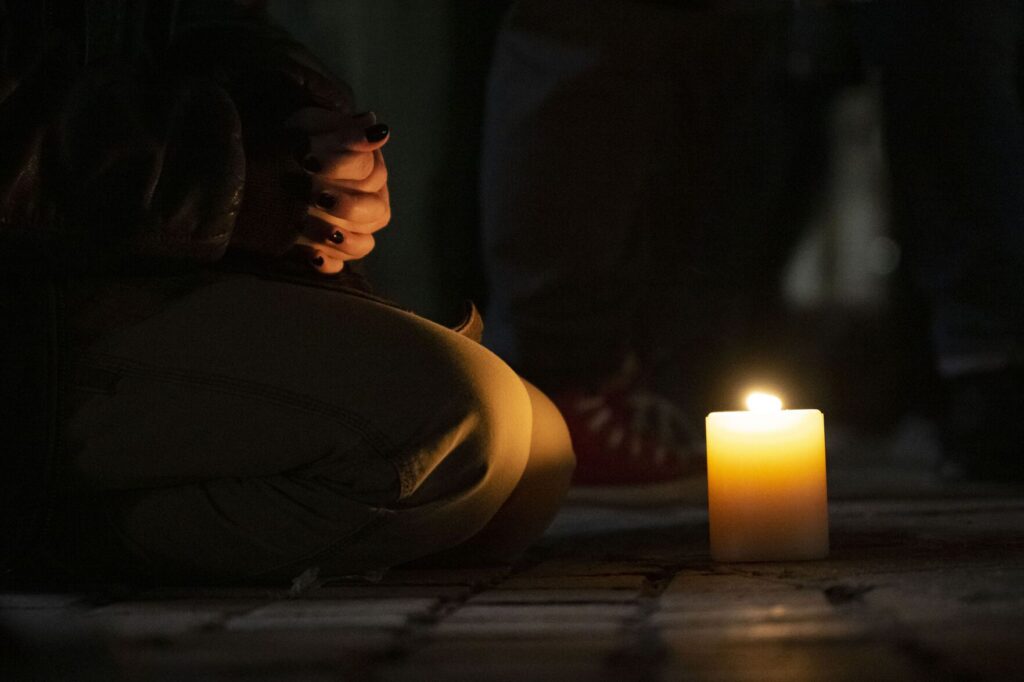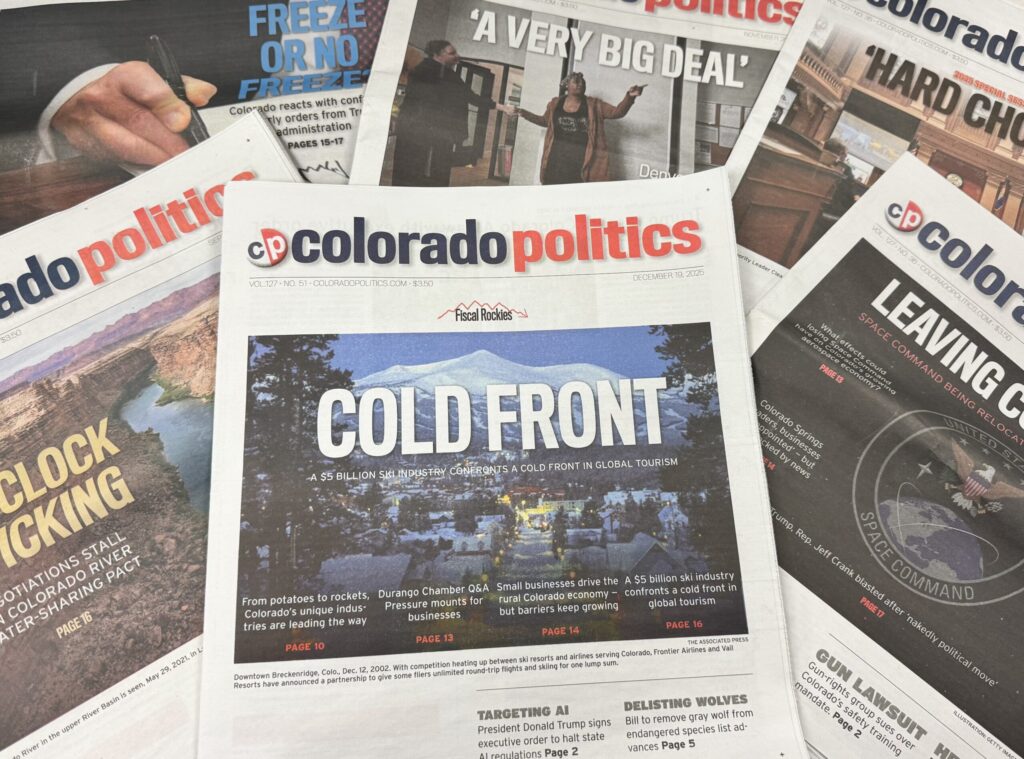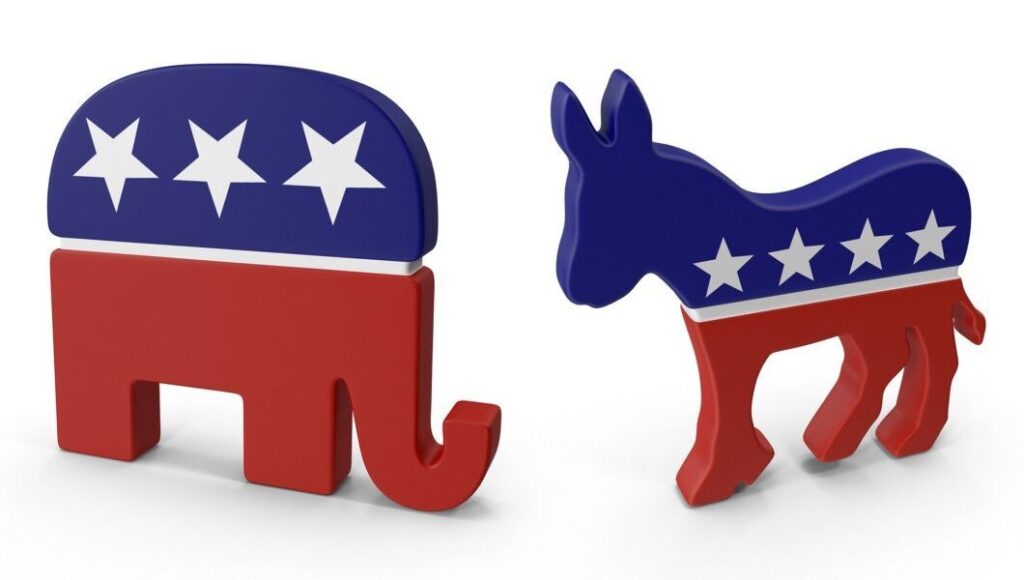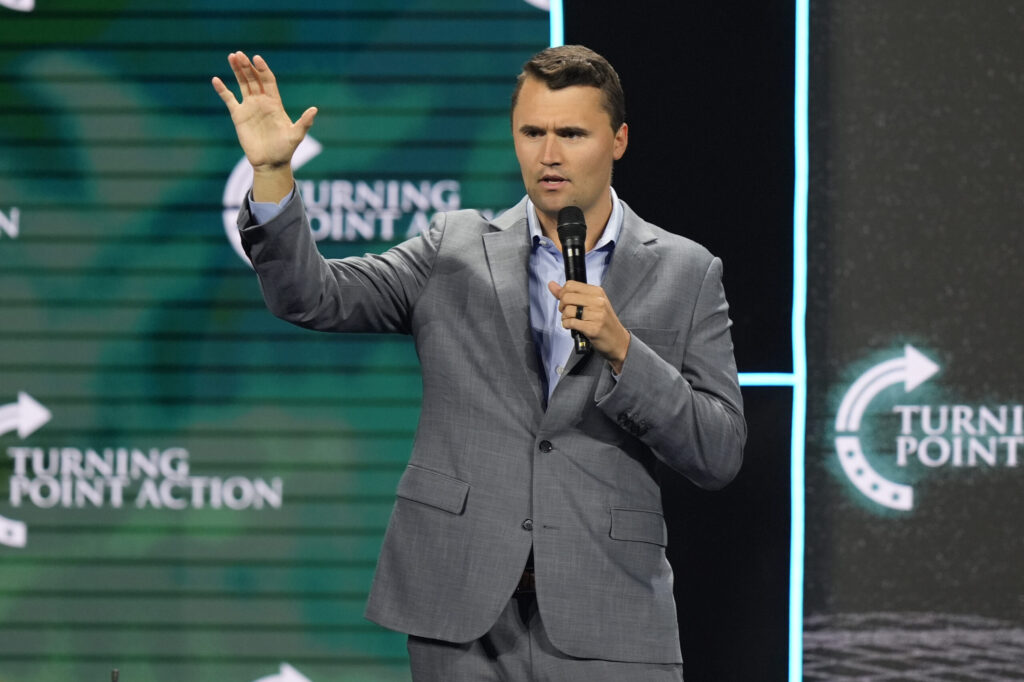Supreme Court case influences use of Native American names for sports teams
A U.S. Supreme Court ruling is pending in a trademark registration case likely to influence policies in Colorado on the use of Native American names for sports teams.
An Oregon rock band called The Slants is challenging a denial by the U.S. Patent and Trademark Office to register a trademark for its name.
Trademark officials say the name is offensive to Asian Americans. The Slants say denying the band a trademark infringes their First Amendment free speech rights.
The case is being closely watched by the Washington Redskins football team, which had its trademark revoked by the U.S. Patent and Trademark Office after complaints by Native American groups who said the team’s name is an ethnic slur.
More than 30 schools in Colorado use the Redskins and other Native American mascot names for their sports teams.
“If the U.S. Supreme Court denies the trademark, it would bring awareness and attention to racial slurs and hopefully decrease the number of schools in Colorado that continue to use Native American mascots or logos,” Ernest House, executive director for the Colorado Commission of Indian Affairs, told The Colorado Statesman. “It would support agencies and national organizations that have already declared that ethnic caricatures as school and sports mascots are offensive and psychologically harmful.”
A 2015 bill in the state Legislature would have required schools to get permission from tribes to use mascots that evoke Native Americans. Otherwise, the schools would have faced steep fines. The bill failed to get enough votes to pass.
Since then, Gov. John Hickenlooper and the Colorado Commission of Indian Affairs organized a committee that encourages partnerships between tribes and the schools that use their names or images.
One goal of the Commission to Study American Indian Representations in Public Schools (CSAIRPS) is “to develop recommendations regarding the use of such imagery and names through community meetings and dialogue,” House said.
In other words, if the tribes do not agree the mascots show respect for them, the schools are encouraged, but not required, to change their sports teams’ names.
“Colorado has seen success using this partnership approach at schools like Arapahoe High School and Strasburg High School, who both partnered with the Northern Arapaho Tribe in Wyoming,” House said. “Another high school and two middle schools are currently holding community discussions about their Native American mascot or public displays.”
Colorado schools do not register their Native American team names as trademarks, but they face the same kind of political pressure as the Washington Redskins.
A ruling by the Supreme Court that agrees ethnically offensive names should be denied trademark registration could expose many sports teams with Native American mascots to allegations of racism.
In Colorado, the team names have included the Savages, the Warriors, the Redskins, the Indians and the Comanches.
Similar to Washington Redskins owner Rick Snyder, high school administrators in Colorado say their team names represent a long and noble tradition that stretches back decades. They say they do not intend to insult Native Americans but to honor them by choosing them as their mascots.
So far, the Oregon rock band has won in lower court rulings.
A divided federal appeals court said in its majority ruling for The Slants, “Whatever our personal feelings about the mark at issue here, or other disparaging marks, the First Amendment forbids government regulators to deny registration because they find the speech likely to offend others.”
The Slants – and the sports teams – face tougher opposition in the Supreme Court.
The Justice Department urged the Supreme Court to overturn the lower court ruling. A Justice Department brief says the trademark law against disparaging names does not limit free speech. Instead, it merely disassociates the government from “racial epithets, religious insults and profanity as trademarks,” the brief says.
The Supreme Court hearing on the case was early this month. A ruling is expected before Spring.
If the Supreme Court upholds a trademark for the band, the Justice Department says the government will be compelled “to register, publish and transmit to foreign countries marks containing crude references to women based on parts of their anatomy; the most repellent racial slurs and white supremacist slogans; and demeaning illustrations of the prophet Mohammed and other religious figures.”
Some witnesses during a March 2015 Colorado Legislature hearing raised similar complaints about Indian mascots for the state’s high schools. They were discussing House Bill 15-1165.
“We are not a Halloween costume,” one Native American student testified.
Other witnesses, such as John Sampson, a school board member from Strasburg, disputed whether the Native American names were intended to be offensive.
“I believed it was a local community issue and a local school board issue,” Sampson said in an interview last week.
Strasburg High School resolved potential conflicts with Native Americans by asking Northern Arapaho Indian Nation leaders to help them design their “Indians” logo and mascot in a way that was “respectful.”
The school’s cooperation with the Native Americans quieted previous complaints about ethnic slurs.
“We’re doing it with their blessing,” Sampson said.
The bill, which was approved by the House Education Committee, would have created a Subcommittee for the Consideration of the Use of American Indian Mascots by Public Schools.
The subcommittee would have been authorized to decide whether public schools from kindergarten through college could use Native American mascots, based partly on whether the schools developed working relationships with the tribes and received their permission.
Schools that continued using Native American team names after the subcommittee denied permission for them could have been fined as much as $25,000 per month.
The bill failed largely because some lawmakers, such as Rep. Paul Lundeen, R-Monument, argued that no legislation is needed when the schools could make arrangements by themselves with tribes on use of their team names, without government intervention.
Some Colorado schools already changed their names.
Colorado State University – Pueblo, formerly the University of Southern Colorado, changed its name in 1995 from the Indians to the Thunderwolves. Adams State College in Alamosa changed its team name in 1996 from the Indians to the Grizzlies.


